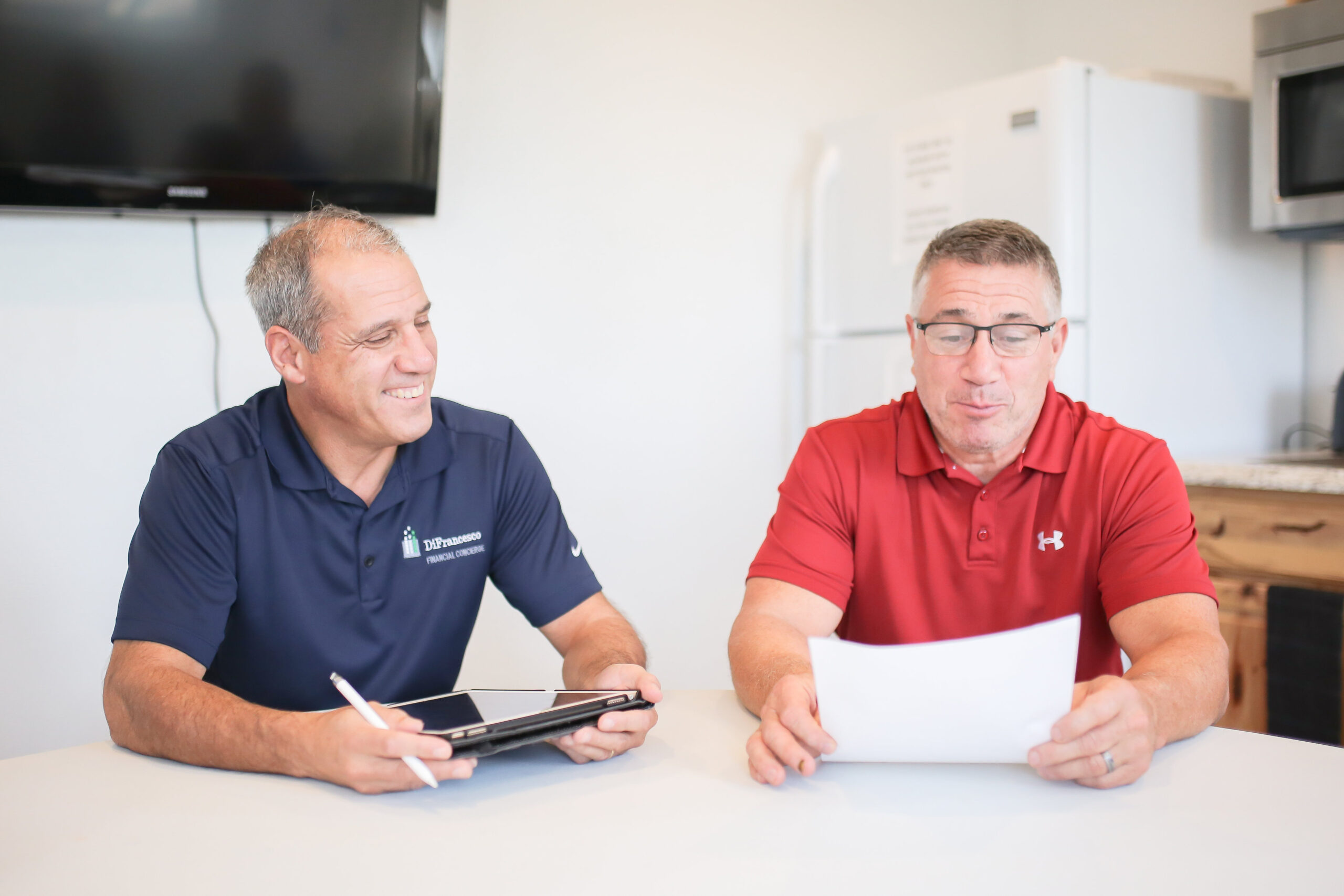Financial Health Check: Auditing Your Collision Shop Before Selling
As the owner of a collision shop, you have dedicated time, effort, and resources to build a business that not only serves the community but also supports your livelihood.
When the time comes to sell, having clear and accurate financial records is crucial for getting a fair price and attracting serious buyers. A thorough financial health check is a key part of this process.
Here are a few guidelines for auditing your collision shop’s finances before putting it on the market.
If you plan to sell your business soon and need an exit strategy, schedule a free 20-minute conversation with Matt DiFrancesco. Discuss your vision and find out how you can adjust the nuts and bolts of your business and life to become prosperous.
The Importance of a Financial Health Check
The process of preparing your collision shop for sale should begin several years before you intend to sell.
This timeline allows you to implement changes that can significantly increase the value of your business.
Early planning also provides enough time to address potential issues that could discourage prospective buyers.
Understand Your Business Valuation
A financial health check serves multiple purposes:
Valuation Accuracy: Accurate financial records provide a true picture of your business’s worth.
Buyer Confidence: Potential buyers need to see clear, transparent financials to feel confident in their investment.
Smooth Transaction: Properly audited finances can expedite the sales process, reducing delays and complications.
Key Components of a Financial Health Check
Revenue Analysis:
- Revenue Streams: Document all sources of revenue, including repairs, parts sales, and any other services offered,
- Trends and Seasonality: Analyze revenue trends over the past few years to identify any seasonal fluctuations or growth patterns.
Expense Management:
- Cost of Goods Sold (COGS): Access the direct costs associated with repairs and parts. This includes labor, materials, and overheads.
- Operating Expenses: Review all other operating expenses such as rent, utilities, salaries, and marketing. Ensure that they are categorized correctly.
Profitability Metrics:
- Gross Profit Margin: Calculate the gross profit margin to understand the profitability of your core services.
- Net Profit Margin: Analyze the net profit margin to see the overall profitability after all expenses are deducted.
Cash Flow Analysis:
- Cash Inflows and Outflows: Track all cash movements to ensure there is a positive cash flow. Identify any periods of cash shortages and their causes.
- Cash Flow Projections: Prepare future cash flow projections to demonstrate the business’s potential to generate cash.
Balance Sheet Review:
- Assets and Liabilities: List all assets, including equipment, real estate, inventory, and accounts receivable. Document all liabilities such as loans, accounts payable, and any other debts.
- Owner’s Equity: Calculate the owner’s equity to provide a snapshot of the business’s net worth.
Inventory Management:
- Stock Levels: Ensure inventory levels are optimized. Excess inventory ties up capital, while insufficient stock can hinder operations.
- Valuation Methods: Use consistent methods (FIFO, LIFO, etc.) to value inventory for accurate financial reporting.
Presenting Your Financial Health
Once the financial health check is complete, compile a comprehensive financial report that includes:
Executive Summary: A brief overview of your financial health.
Detailed Financial Statements: This includes your income statement, balance sheet, and cash flow statement.
Financial Ratios and Metrics: Key financial ratios and what they indicate about your business.
Narrative on Trends and Projections: Explanation of revenue trends, expense management strategies, and future financial projections.
In conclusion, a meticulous financial health check not only aids in selling your collision shop at a fair price but also builds trust with potential buyers.
It reflects your commitment to transparency and your business’s stability.
By taking the time to audit and present your financials properly, you pave the way for a smooth and successful transaction that may allow your hard work and dedication to pay off in the end.
Are you a collision shop owner considering selling your business?
Ensuring your finances are in perfect order is crucial for securing the best price and attracting serious buyers.
At High Lift Financial, we specialize in providing comprehensive financial services tailored specifically for auto repair shops.
Our team of professionals offers a wide array of services, including financial management, bookkeeping, and in-depth financial planning.
We help you gain a clear and accurate picture of your financial health, ensuring that you can make informed decisions and drive your business forward.
Don’t leave the sale of your business to chance. Don’t leave the sale of your business to chance. Contact High Lift Financial today for a free strategy consultation.
Here are other resources related to this topic that you may want to check out:
Disclaimer
DiFrancesco Financial Concierge, LLC, d/b/a High Lift Financial, is a Pennsylvania-registered investment advisor and may conduct investment advisory services in states where it is registered, exempt, or excluded from registration. The content provided herein or on our website should not be construed as an offer for investment advice or for securities, insurance, or other investment products. Investments involve the risk of loss and are not guaranteed. Consult a qualified legal, tax, accounting, or financial professional before implementing any investments or strategy discussed here.


